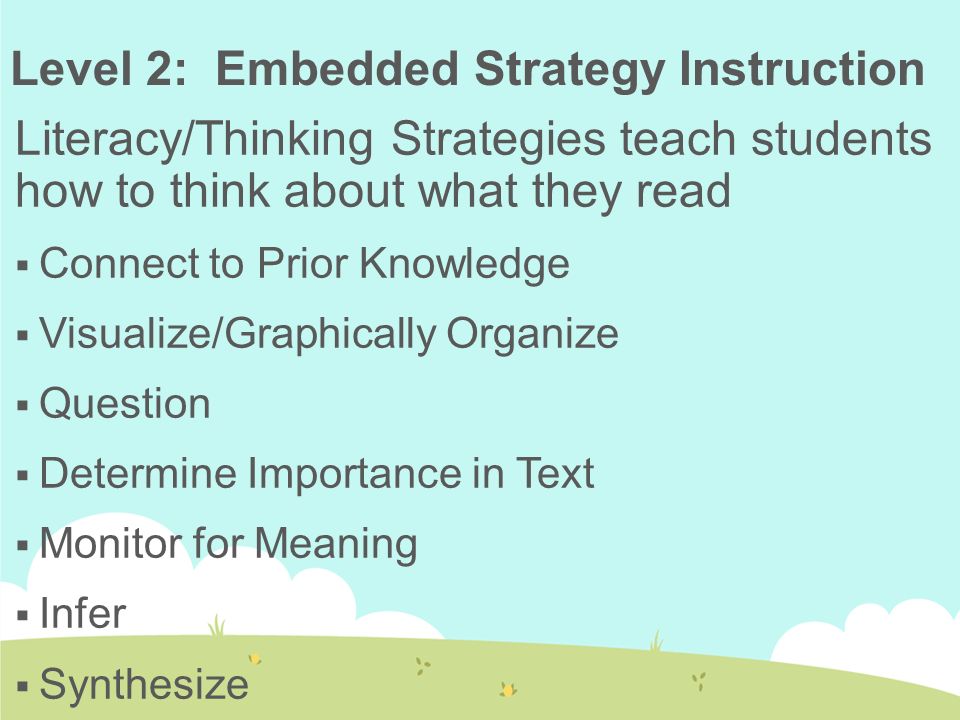I observed my ten hours at Oriole Park School in Chicago. I do not have the exact
demographics, but my classroom was about three-fourths white and the other
one-fourth were a mix of Asian and Latino. I do know that the school is about
twenty-five percent low income. In my class of thirty-ish, five students had
IEP. These thirty students were all native English speakers. The teacher had
nineteen years of teaching experience.
demographics, but my classroom was about three-fourths white and the other
one-fourth were a mix of Asian and Latino. I do know that the school is about
twenty-five percent low income. In my class of thirty-ish, five students had
IEP. These thirty students were all native English speakers. The teacher had
nineteen years of teaching experience.
Literacy in Science-
The teacher used science as a way to expand her students vocabulary, and
build skills that transfer into literacy skills; such as oral language development
that could lead to greater reading comprehension, better understanding of oral
language, including syntax or grammar, and complex measures of vocabulary.
The lab was simple, the instructions were “Cut up these vegetables, examine
the seeds inside of them, and analyze how you think these seeds are used.”
Afterwards was a guided inquiry that was heavily student centered, the main
part being a fairly toned down version of the Think-Pair-Share, where students
shared what they found about the seeds.
build skills that transfer into literacy skills; such as oral language development
that could lead to greater reading comprehension, better understanding of oral
language, including syntax or grammar, and complex measures of vocabulary.
The lab was simple, the instructions were “Cut up these vegetables, examine
the seeds inside of them, and analyze how you think these seeds are used.”
Afterwards was a guided inquiry that was heavily student centered, the main
part being a fairly toned down version of the Think-Pair-Share, where students
shared what they found about the seeds.
Digital Literacy-
Very little digital literacy was used in class. The greatest was the teacher using
the overhead to write out difficult words from readings and defining them. She
also wrote out vocab words that the students pointed out to her.(it was a class
motivator to point out vocab words to the teacher, she did this so the students
could remember the vocab words easier.) The classroom also had three I-Pads
for math, they used a website where they would play some game, but it would
ask them to solve math problems for points.
the overhead to write out difficult words from readings and defining them. She
also wrote out vocab words that the students pointed out to her.(it was a class
motivator to point out vocab words to the teacher, she did this so the students
could remember the vocab words easier.) The classroom also had three I-Pads
for math, they used a website where they would play some game, but it would
ask them to solve math problems for points.
Literacy in Reading-
The class had an unbelievable amount of reading in it. You were talking about
how to make students read more, this class did not need any push towards reading.
They read whenever they could. They were also learning figurative language at
the time I was observing, so any time they found an example of figurative language
in their texts, they could point it out for tickets. They had to read fifteen minutes
everyday for homework, and once a month, there was a book report. Other than
private reading, they were reading a book together in class, and the kids loved it.
Also, every student was writing a “seed story” as an writing assignment, where they
would pick some moment, and then write all about it. This seemed like a version
of interactive writing with the teacher.
how to make students read more, this class did not need any push towards reading.
They read whenever they could. They were also learning figurative language at
the time I was observing, so any time they found an example of figurative language
in their texts, they could point it out for tickets. They had to read fifteen minutes
everyday for homework, and once a month, there was a book report. Other than
private reading, they were reading a book together in class, and the kids loved it.
Also, every student was writing a “seed story” as an writing assignment, where they
would pick some moment, and then write all about it. This seemed like a version
of interactive writing with the teacher.










